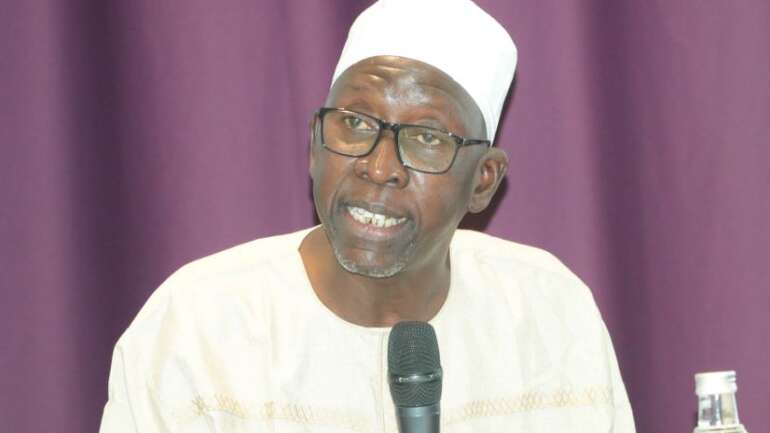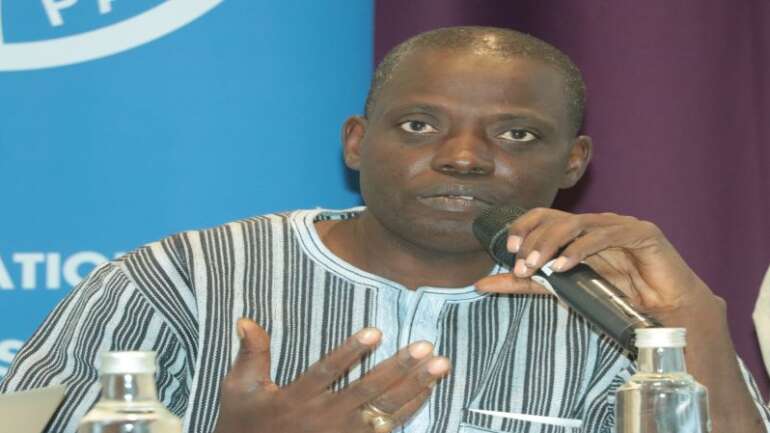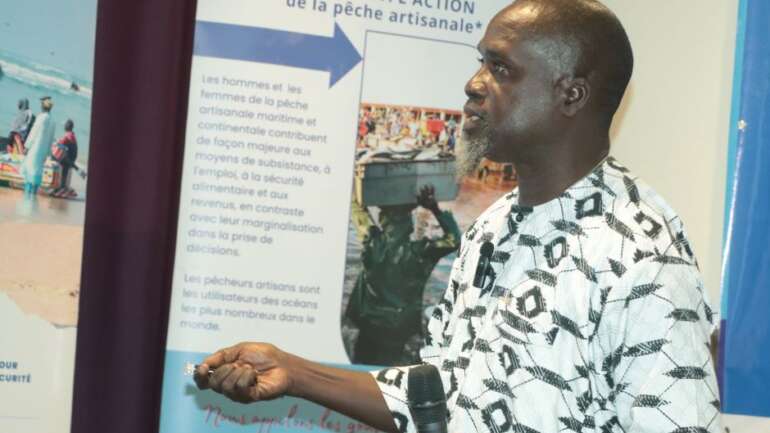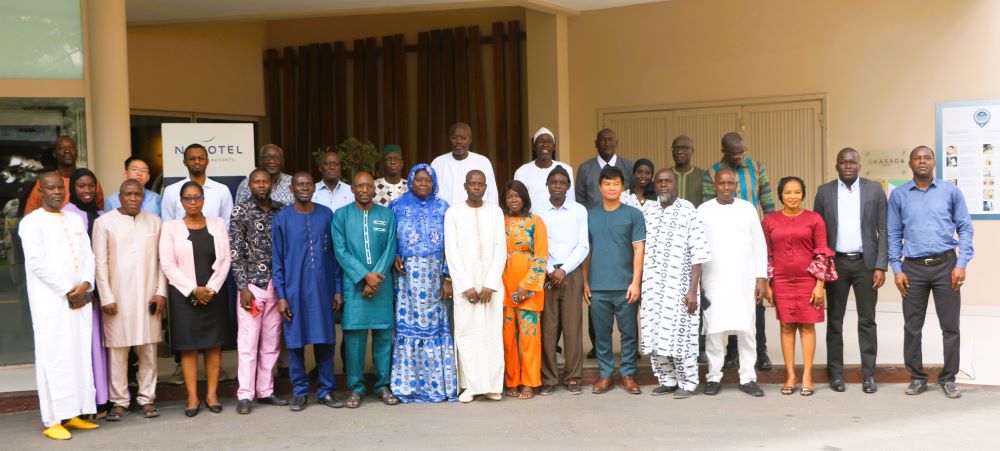The Committee for Fisheries in the Eastern Central Atlantic (COPACE) organized a national workshop on June 19th and 20th, 2023, in Dakar, Senegal. This event follows an investigation conducted by the African Confederation of Artisanal Fishing Organizations (CAOPA) on the co-management of fishing in Senegal. CAOPA collaborated with the CECAF-PESCAO project and the FAO Small-Scale Fisheries Program to conduct this investigation.
The main objective of this meeting was to share and gain a better understanding of the current state of co-management of fishing in Senegal, based on the results of the investigation carried out by CAOPA. The workshop brought together a wide range of national stakeholders, including representatives from fishing organizations, government agencies, non-governmental organizations, research institutions, and the private sector involved in artisanal fishing.

The workshop began with speeches by the Secretary-General of COPACE, Dr. Ndiaga Gueye, who commended the CAOPA for their timely work and emphasized the purpose of the project. He explained, “In this PESCAO project, one of the expected outcomes is to closely examine the issue of co-management. We (COPACE) wanted to take the example of Senegal to discuss it and see how it could be replicated in other countries, or at least, and to that end, we collaborated with CAOPA, which is a privileged and recognized partner in the field of fisheries in Africa, to facilitate this work.” He emphasized their role in supporting the participants and assured them of their unwavering efforts.
On behalf of CAOPA, President Gaoussou Gueye stated that “co-management is the essential tool for preserving biodiversity in the coastal areas of Senegal.” He questioned, “Who knows the sea and its secrets better than us, the men and women of Senegalese artisanal fisheries? Who has a greater interest in preserving its riches than us?” President Gueye highlighted key elements for “better” co-management, including claiming access rights to resources and taking responsibility for the coordinated management of coastal areas, such as making decisions on management measures like biological rest periods and implementing tools to combat illegal, unreported, and unregulated (IUU) fishing through participatory surveillance. He also emphasized the ancestral empirical knowledge they have to offer about resources, ecosystems, and fishing.

Gaoussou Gueye stressed the need for a clear and specific legal framework for effective co-management, defining the respective roles and responsibilities of authorities and local fishing communities. He pleaded for the necessary technical and financial support from the government to actively engage communities in this co-management approach.
The representative of the Director of Maritime Fisheries stated that the government has been committed for several years to a responsible and inclusive approach, leading a reform process driven by the Ministry of Fisheries and Marine Economy, with community engagement and support from technical and financial partners.
 According to Mr. Sidya Diouf, promoting legitimate, effective, and democratic governance and establishing a responsible, diverse, and supportive fishing community, in which governance plays a crucial role, are essential pillars of the fisheries policies defined by the authorities. He acknowledged the ambitious challenge given the dynamic nature of the fishing sector, particularly artisanal fishing, with issues such as IUU fishing and increasing conflicts at sea.
According to Mr. Sidya Diouf, promoting legitimate, effective, and democratic governance and establishing a responsible, diverse, and supportive fishing community, in which governance plays a crucial role, are essential pillars of the fisheries policies defined by the authorities. He acknowledged the ambitious challenge given the dynamic nature of the fishing sector, particularly artisanal fishing, with issues such as IUU fishing and increasing conflicts at sea.
Mr. Diouf emphasized the need for active and constructive involvement of stakeholders who can provide innovative thinking on fisheries governance and propose socially and politically viable solutions to overcome the impasse.
The survey results:
The surveys were conducted in thirteen co-management sites within three maritime regions: Dakar, Thiès, and Fatick, to obtain the actors’
perception of co-management in Senegal. The involved actors, who understand the challenges and responsibilities associated with sustainable fishing, expressed their views on co-management.

The expected outcomes of this national meeting were manifold. Firstly, it aimed to establish a common understanding of the current state of co-management by using the survey results as a basis for discussion. Mamadou Faye, CAOPA’s technical support, presented an overview of co-management in the Senegalese fishing sector, the survey methods, the stakeholders involved, the survey sites, and the survey results on the co-management of fishing in Senegal.
These presentations were followed by contributions and reflections from the participants to improve co-management, as well as criticisms and suggestions to expand and enhance the scope of the surveys to include other sites. Participants also provided contributions and raised questions regarding co-management models, challenges, and solutions.
 The workshop concluded with recommendations from the participants, which will be shared after revisions. Additionally, the participants identified key challenges and opportunities for better integration of co-management of fishing into national fisheries policy frameworks. Finally, the participants developed a roadmap, including potential modifications to co-management systems, specific initiatives, and areas for development.
The workshop concluded with recommendations from the participants, which will be shared after revisions. Additionally, the participants identified key challenges and opportunities for better integration of co-management of fishing into national fisheries policy frameworks. Finally, the participants developed a roadmap, including potential modifications to co-management systems, specific initiatives, and areas for development.
The results and discussions from this meeting will be presented to the COPACE Committee and the partner organization. The goal is to strengthen participatory fisheries management within national policy frameworks by implementing concrete policy actions to support and promote the artisanal fishing sector. These measures aim to ensure a sustainable future for fishing communities and preserve marine resources for future generations.
Aliou DIALLO


